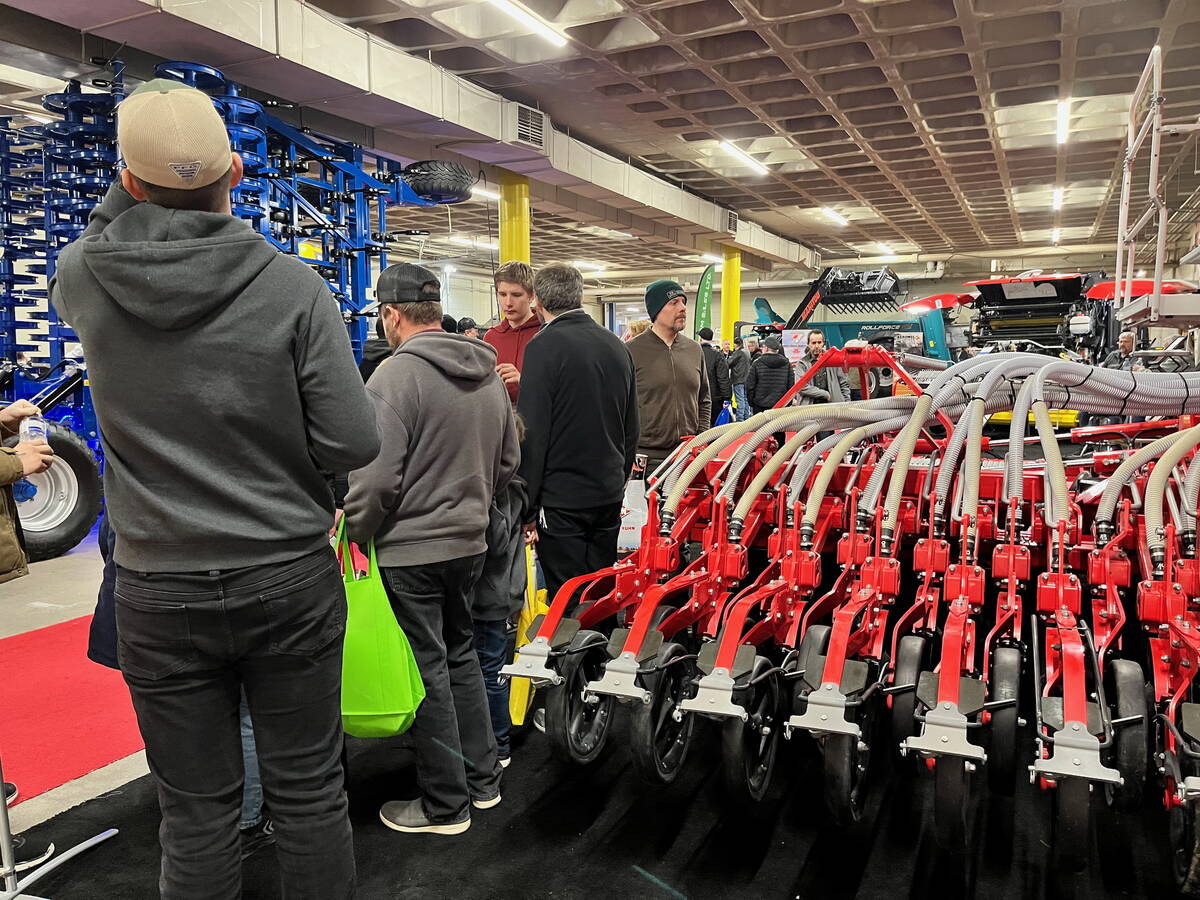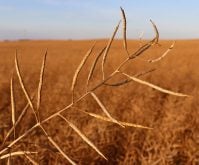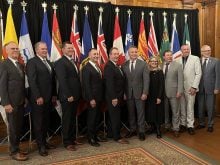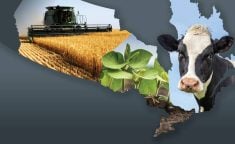Business risk management, trade, labour, and climate change mitigation are some of the top issues farmers want candidates to address during the current federal election campaign.
Farmers, and the major federal parties, agree agriculture is an important driver of Canada’s economy and can potentially contribute more by increasing agri-food exports, Keystone Agricultural Producers’ president Bill Campbell said in an interview Sept. 26.
“To fulfil that we need to ensure there are business risk management programs (BRM) that help us weather these political trade wars and the weather and those type of things,” he said.
Read Also

Farmer mental health support extended in Manitoba
The Manitoba Farmer Wellness Program is slated for $300,000 over the next two years for its farm mental health services
Farmers’ biggest complaint is with AgriStability.
Under the previous Harper government AgriStability coverage was slashed from 85 per cent of a farmer’s historical margin to 70 per cent. While the move saved the federal and provincial governments money in lower farm payments, farm groups, including KAP say the program no longer helps farmers when they need it.
“I know that parties have acknowledged AgriStability has not worked the way it was intended to do,” Campbell said.
“Right now it does not address widespread agriculture.”
KAP also wants the next government to help farmers cut their carbon emissions by promoting nutrient management, and seeding marginal lands to permanent cover.
Reopening markets to Canadian crops should be a priority for the next government, Campbell said.
If China, India and Italy continue to restrict Canadian canola seed, pulse and durum imports, Ottawa should complain to the World Trade Organization, he said.
“That’s what it’s there for,” Campbell said. “The government always preaches sound science, well stand up for the sound science.”
Restoring canola seed exports is a top issue for the Manitoba Canola Growers Association (MCGA), president Chuck Fossay said in an interview Sept. 24. However, because it’s a complex issue he doubts there will be a quick fix.

“I think now everyone has dug in their heels,” he said. “The appointment of a new (Canadian) ambassador (to China, Dominic Barton) is a good first step, but I think we have a long journey ahead of us.”
The MCGA also wants the new government to increase the renewable content in diesel fuel to five per cent from two per cent, Fossay said. That would result in 1.3 million more tonnes of canola seed a year being made into biodiesel. It would also cut greenhouse gas emissions.
Fossay also wants the new government to promote making sound science part of regulatory decisions on new agricultural technologies.
Manitoba Pulse & Soybean Growers shares many of the same concerns, president Calvin Penner said in an email Sept. 26.

“BRMs need to be shored up and strengthened,” he wrote.
AgriStability should be able to offset losses in farm income due to trade disputes too, he wrote.
The new government also needs to resolve trade disputes.
Pulse growers also want a soybean-crushing plant in Manitoba.
“What we have heard is that Canada is uncompetitive in developing new processing with other countries because of the carbon tax,” Penner wrote. The carbon tax is putting the brakes on processing in Manitoba and Canada.”
Soybeans are exported and soybean oil and meal imported. That extra transportation releases more carbon and Manitoba also misses out on the jobs a crushing plant would create, he wrote.


















